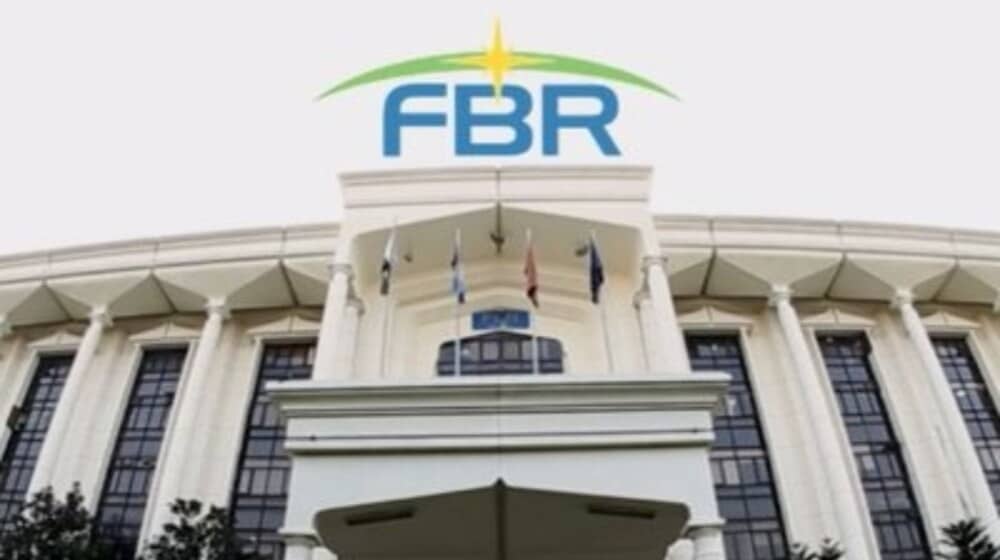The Large Tax Offices (LTOs) of the Federal Board of Revenue (FBR) take advances from the big companies to meet their annual revenue collection targets.
This has been reportedly stated by the Pakistan Business Council in a report prepared by the FBR on new reforms in consultation with the World Bank (WB).
The FBR report (Stakeholder Engagement Plan) issued under the World Bank-funded Pakistan Raises Revenue Project (PRRP) said that another area of concern is that of advance tax in the Large Tax Offices (LTOs). The LTOs have to meet collection and get the advance tax for the next financial year. Hence large businesses face considerable harassment from tax officials in the LTOs, the report referred to the PBC.
The report said that the Pakistan Business Council (PBC) encourages the need for documenting the economy and that also serves business interests. PBC representatives believe that the tax system needs to be simplified so that their members can focus on the growth of their business and enhancing revenues.
The PBC members are responsible for 25 percent of the taxes in the country, in other words, every ninth rupee and are therefore directly impacted by the project initiatives. PBC representatives concurred with most of the above perspectives of SRB.
Following the 18th Amendment, FBR is responsible for taxes on goods and services that have been devolved to the provinces. However, the center and provincial authorities do not have a common understanding of goods and services. There has been a lack of clarity on which sector qualifies as “service”- for instance in the hospitality industry, the restaurants/food industry is considered good by FBR and service by the provincial authorities.
As a result, there is a possibility of double taxation by provinces and/or federal government for the same good or service. Issues with the principle for taxation of services also persist, should it be destination, based, origin, or a mix.
The issues arise in the case of industries such as the telecom sector, which has a nationwide presence. Now under the forum of the National Tax Council, the major issues have been addressed. Provincial sales tax rates differ across the provinces and there should be a consistent tax policy on sales tax on services.
Moreover, procedures for input-output adjustments are complicated. Respondents were of the view that FBR needs to enhance its understanding of business supply chains.
They need to consult with the private sector organizations and this could be through the business associations. Given the different contexts and tax structures in the provinces, it would be critical to consult with the other provincial authorities to achieve the harmonization of taxes single GST return.
The issue of withholding tax was also highlighted by PBC. Businesses are forced to act as withholding tax agents. The process should be automated and available online so it can be crosschecked by both the FBR as well as the withholding tax agents. Processes should be transparent and consistent and changes in policies, which would impact businesses, should follow a consultative process so that there is buy-in from businesses at the outset.
For instance, the Pakistan Business Council collaborated with tax authorities on several occasions to help shape the policy environment and improve tax compliance. But FBR made changes to most of these, without engaging with or holding any discussions with stakeholders when making these changes.
PBC representatives recommended that the project must approach PBC institutionally and form a joint committee which could then review and advise the project, through each of its stages from preparation/formulation, and implementation to monitoring and evaluation. In general, high support and interest was confirmed in the project by the PBC, the FBR report added.






















